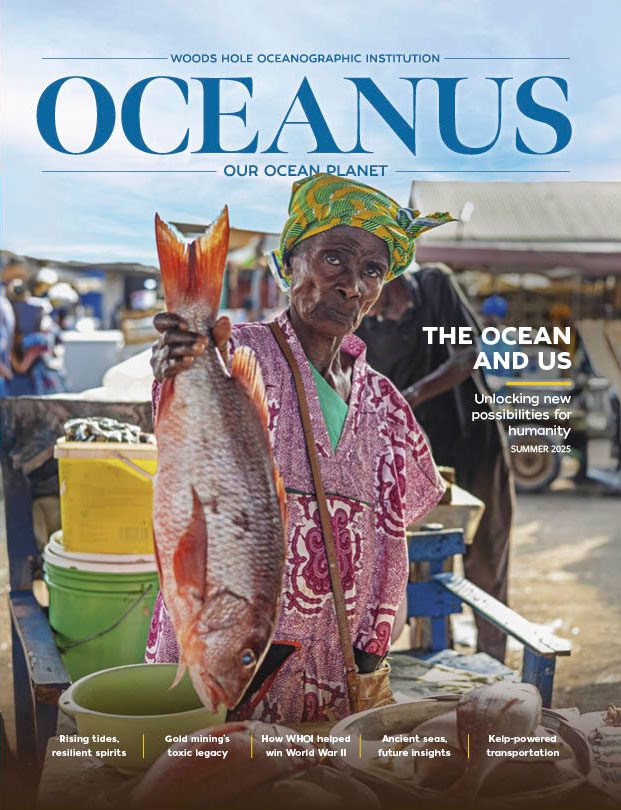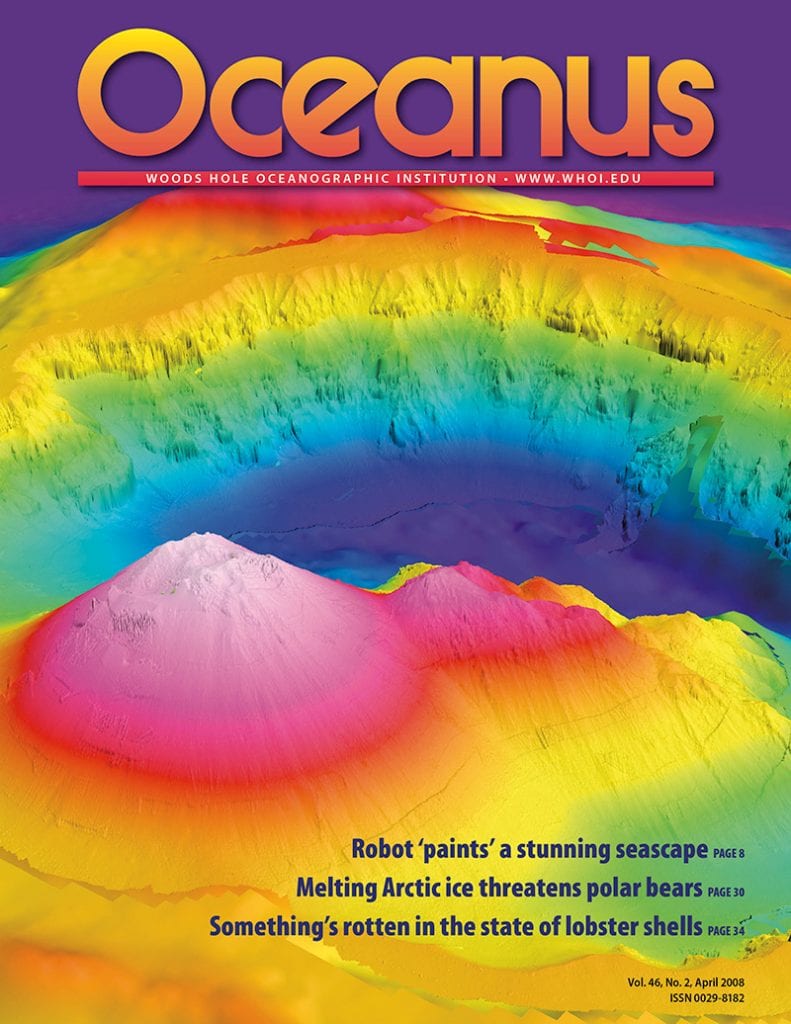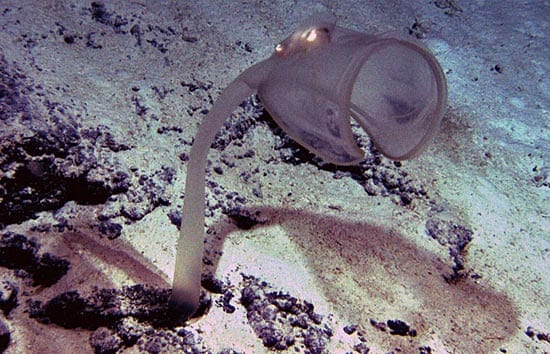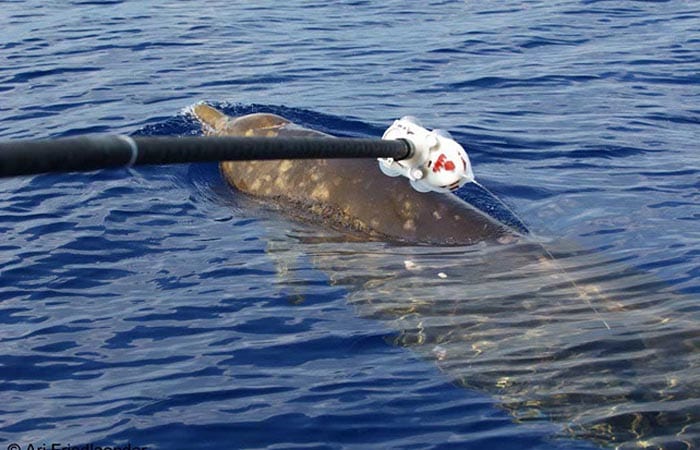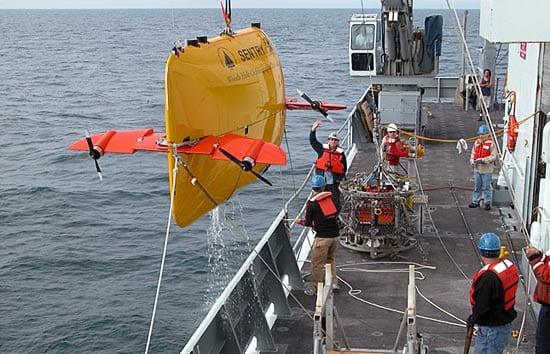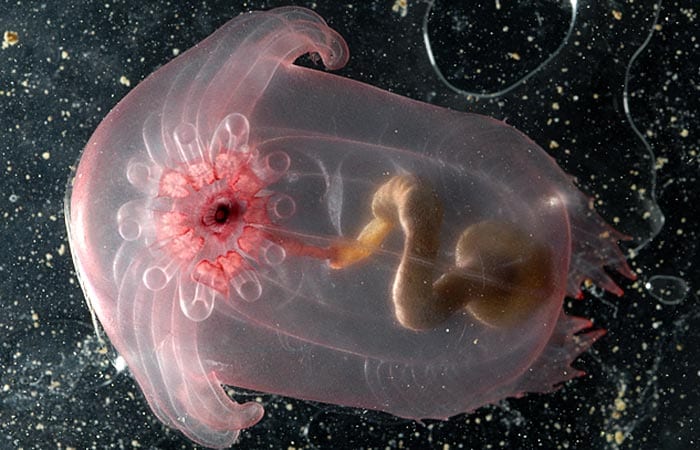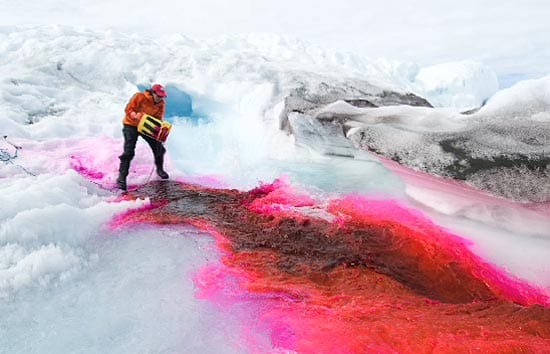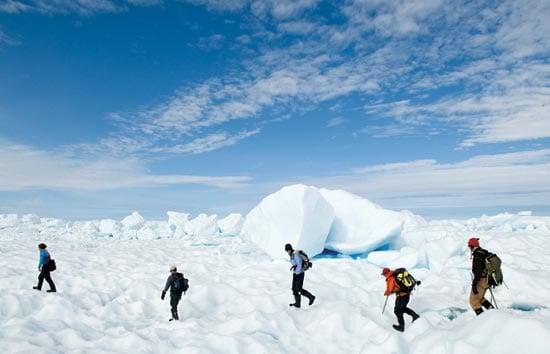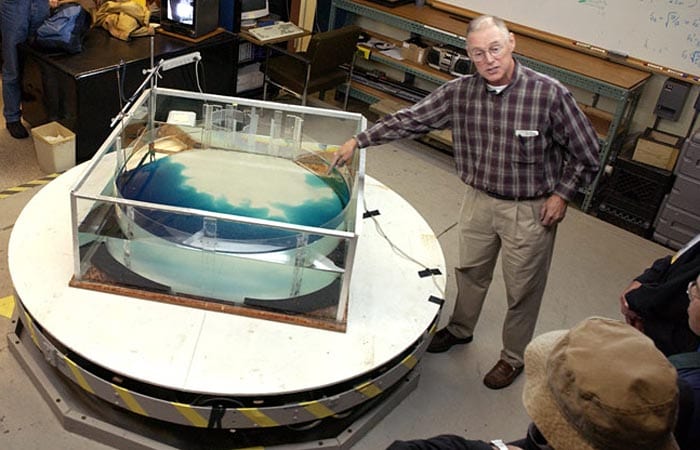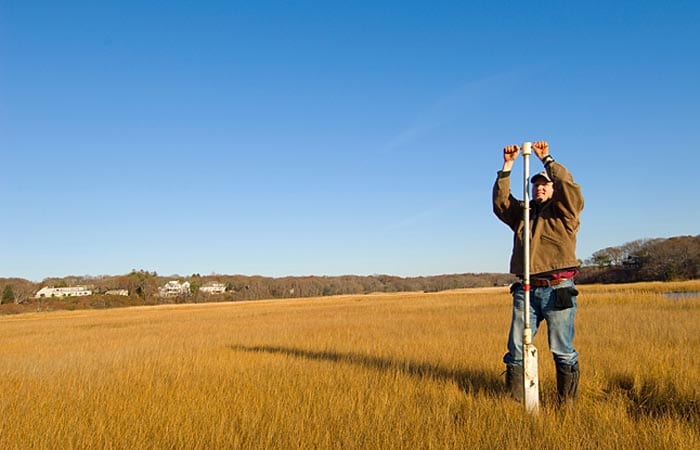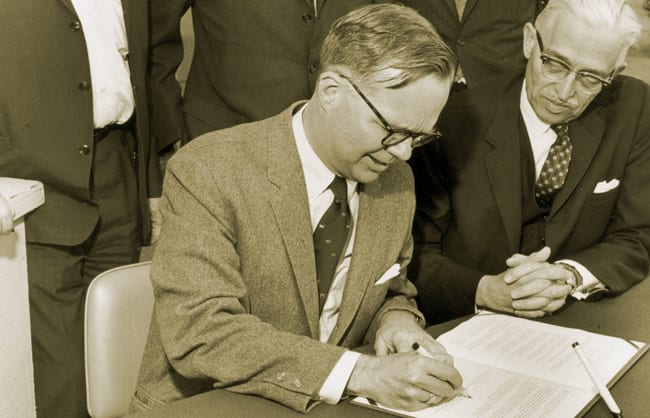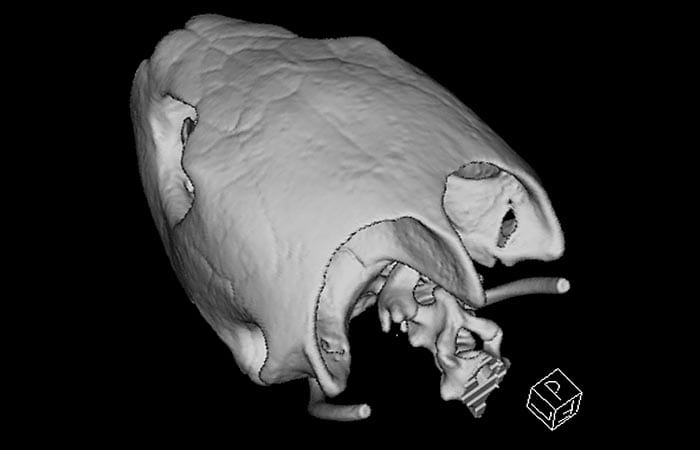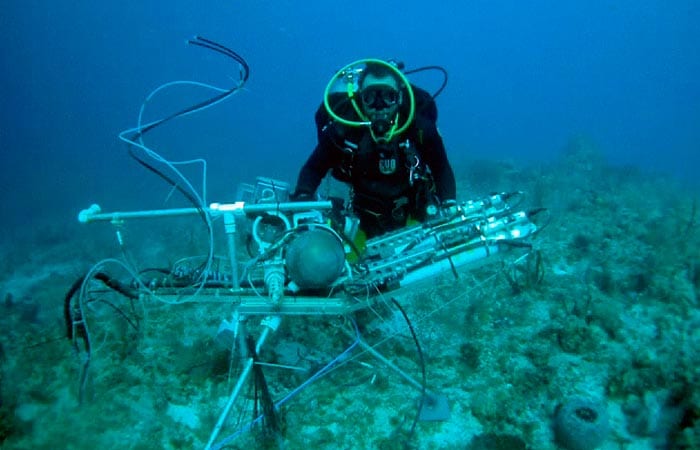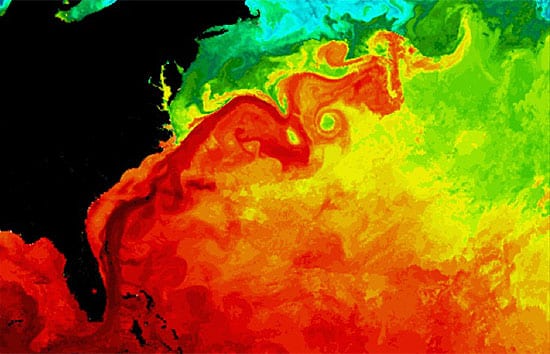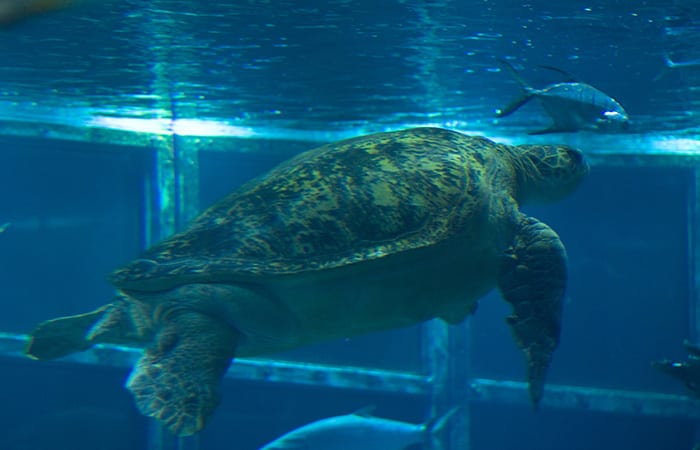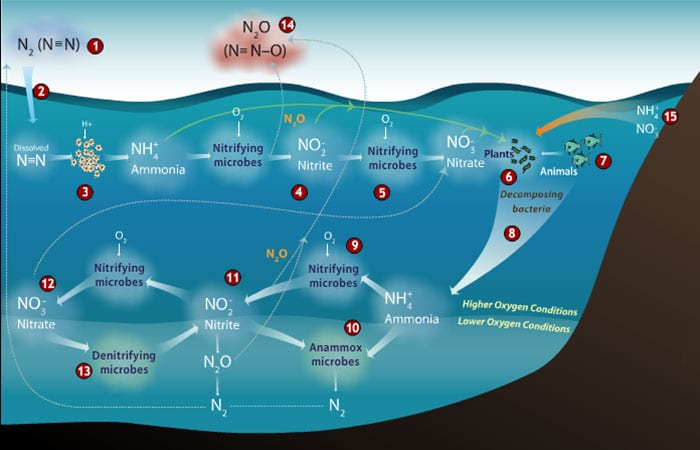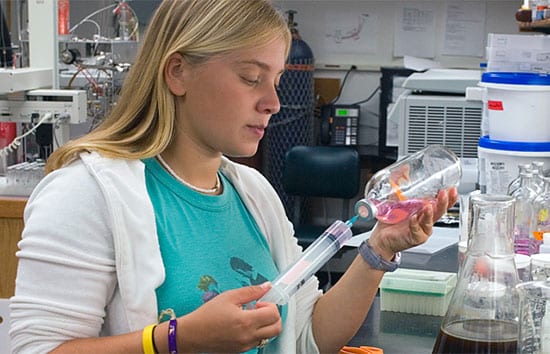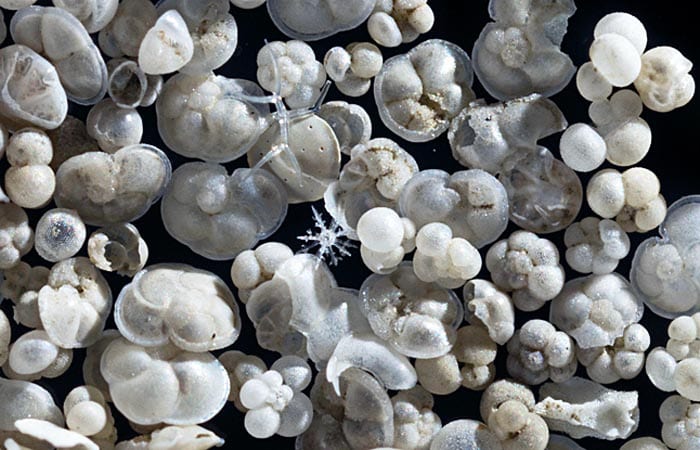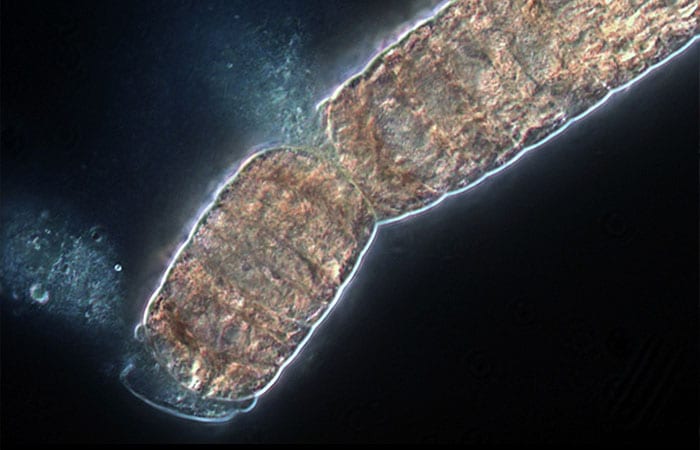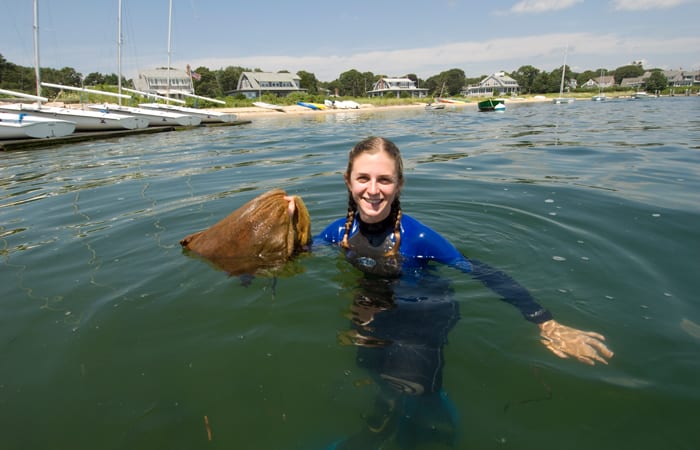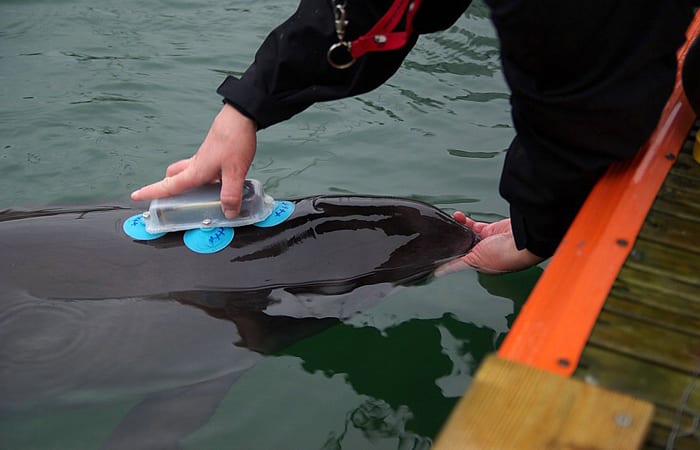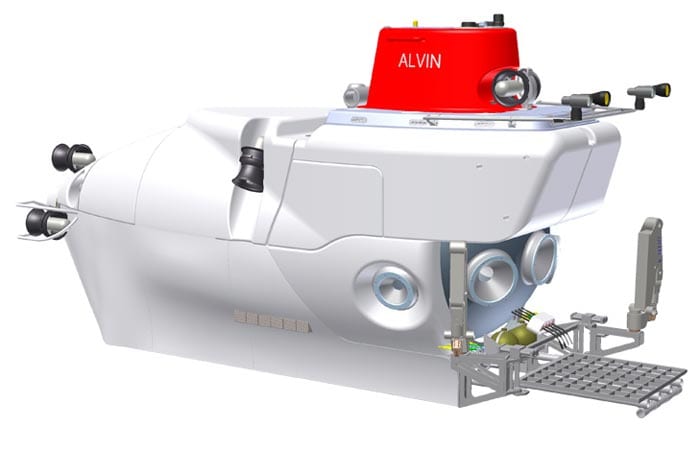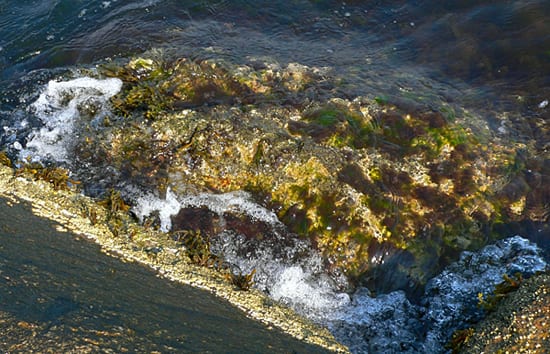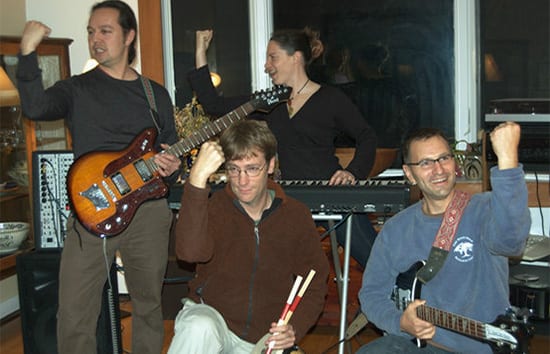Oceanus Online Archive
Letters to the Editor
We welcome letters from our readers to discuss material published in Oceanus magazine and will publish a selection of letters online and in forthcoming printed issues of Oceanus.
Read MoreJason Meets the Carnivorous Sea Squirt
Tito Collasius, an engineer at Woods Hole Oceanographic Institution, has witnessed some of oceanography’s more celebrated moments, including the discovery of the Titanic and the eruption of undersea volcanoes. But…
Read MoreSupreme Court Weighs in on Whales and Sonar
Arguments about the impact of Navy sonar on marine mammals rose to the highest court in the land last fall. But not every issue is best settled in court. One…
Read MoreA New Deep-Sea Robot Called Sentry
There’s been a changing of the guard among deep-sea exploration vehicles. Sentry, a new undersea robot built by engineers at Woods Hole Oceanographic Institution (WHOI), completed its first scientific mission…
Read MoreCreatures of the Celebes Sea
Where the Indian and Pacific Oceans meet lies a region known as the “coral triangle”—a region of thousands of islands encompassing the Philippines, Indonesia, parts of Malaysia. and other nations.…
Read MoreGetting to the Bottom of the Greenland Ice Sheet
Greenland—the world’s largest island—is also home to one of the world’s largest ice sheets (after Antarctica). If Greenland’s two-mile-thick ice sheet melts completely, it would ultimately raise global sea level…
Read MoreAs the World Turns and the Oceans Flow
Our planet is full of fascinating flowing fluids. Jack Whitehead has investigated all sorts of them around the globe—hardly ever leaving his laboratory. There’s the once-mysterious Alborán Gyre, for example,…
Read MoreHurricane Hunter
Soon after they married, Jon Woodruff asked his new wife Akiko Okusu if she’d like to take a trip to her native Japan. Not for a belated honeymoon, but to help…
Read MoreMIT/WHOI Joint Program Celebrates 40th Anniversary
It was 1968. On university campuses, the Beatles blared from dorm-room stereos, and VW Beetles infested parking lots. The times were a-changing, and they were ripe for bold initiatives. Few…
Read MoreTurtle Skulls Prove to be Shock-Resistant
Scientists and engineers from Woods Hole Oceanographic Institution (WHOI) and the U.S. Navy have discovered that sea turtles’ skulls and shells not only protect them from predators but also from…
Read MoreOcean Conveyor’s ‘Pump’ Switches Back On
One of the “pumps” that helps drive the ocean’s global circulation suddenly switched on again last winter for the first time this decade. The finding surprised scientists who had been…
Read MoreA Deep-sea Chemical-Sniffing Bloodhound
<!– –> Researchers can learn complicated things from some of the simplest animals in the ocean. Case in point: Rich Camilli’s work on sponges near Aquarius, an undersea laboratory 63…
Read MoreThe Turtle and the Robot
Stephen Licht built an unusual underwater robot with a curious name. With a wink toward James Joyce, he named it Finnegan, because he was particularly interested in studying the wake…
Read MoreAnother Greenhouse Gas to Watch: Nitrous Oxide
There’s a greenhouse gas whose concentration is on the rise because of human activities. But it’s not the one you’d expect: it’s nitrous oxide (N2O), also known as laughing gas.…
Read MoreTracking Nitrogen’s Elusive Trail in the Ocean
Humans often seem to be unable to fix a problem without creating a new one. We invented DDT to kill mosquitoes and stop the spread of malaria, but almost caused…
Read MoreA Tale of Two Oceans, and the Monsoons
Every summer, the continent of Asia takes a big breath. This inhalation pulls moisture-laden air from the Indian Ocean over India and Southeast Asia, causing torrential rains known as the…
Read MoreA Most Ingenious Paradoxical Plankton
Everybody has a unique place in the world, a job to do, a niche to fill. When you are a tiny phytoplankter, your place is in the ocean, and your…
Read MoreShellfish’s Mysterious Pathways to Adulthood
With a cool ocean breeze under a cloudless sky, children weave small sailboats through the channel. Larger boats scurry out of Waquoit Bay to fish in Nantucket Sound or spend…
Read MoreA Tag Fit for a Porpoise
In 2003, Stacy DeRuiter arrived as a graduate student at Woods Hole Oceanographic Institution (WHOI), where a new device developed at WHOI was sparking a revolution in marine mammal research:…
Read MoreBuilding the Next-Generation Alvin Submersible
Three times geologist Adam Soule has climbed inside the deep-diving submersible Alvin and headed to the seafloor. Geochemist Susan Humphris stopped counting after 30 dives. Dan Fornari, who studies deep-sea…
Read MoreListening In As Bacteria ‘Talk’ to Each Other
The 27th of January, at the entrance of the vast Bay of Bengal … about seven o’clock in the evening, the Nautilus … was sailing in a sea of milk.…
Read More